With the increasing unemployment and food insecurity rates that ensued in the wake of the COVID-19 pandemic, Senator Jessica Ramos knew that she needed to do something to alleviate the burdens of food insecurity on her constituents. After speaking with community members in Queens about their experiences and needs, she learned that the biggest issues at the time were in both the quality and quantity of the food distributed to those in need—not enough healthy, fresh produce existed to serve the drastic increase in demand. After identifying this problem, the senator connected with other state senators, churches, and organizations to become part of the solution—one of which was The Farmlink Project.
Since late-May, The Farmlink Project team has facilitated deliveries of 9,650 gallons of milk from Desert Ridge Produce, Pittsfield Creamery, and Natural Upcycling, (all in upstate New York), and 35,500 pounds of produce boxes from Pacific Produce in Michigan to food distribution organizations throughout Senator Ramos’ district in Queens, New York City.
The majority of Senator Ramos’ district is located in one of the “food deserts” of the city, meaning that residents lack access to affordable, healthy, fresh foods. This reality long pre-dated the COVID-19 crisis, but the dramatic exacerbation of food insecurity since the pandemic hit gave Senator Ramos the opportunity to develop a larger-scale solution. In doing so, the senator partnered with numerous organizations across her district to find and distribute fresh produce to those in need.

This initiative aims to target those in her district at higher risk of food insecurity, namely, the large immigrant population. Many of the undocumented immigrants in her district and beyond struggle at disproportionate rates as “excluded workers” because they are unable to receive any of the economic stimulus or government benefits due to their undocumented status. To help alleviate this burden, Senator Ramos connected with organizations that focus on feeding immigrant workers and day laborers, such as La Jornada and New Immigrant Community Empowerments (NICE), so that everyone, including those excluded undocumented individuals, can survive this economic crisis without going hungry. Our mission at The Farmlink Project aligns with Senator Ramos’—to feed as many as we can and bring down these food insecurity rates.
Laura Rubio, Senator Ramos’ Deputy Chief of Staff, stressed how deeply these food distributions have touched the lives of those served—some of them expressing that this would be their first meal in days. “People who have been living off depleting savings, don’t necessarily have the ability to self-isolate in their homes with their families, and have lost jobs are standing in line for hours to get food,” she described. “A meal with fresh produce means the world to someone who hasn’t even eaten in days.”
< Back
With the increasing unemployment and food insecurity rates that ensued in the wake of the COVID-19 pandemic, Senator Jessica Ramos knew that she needed to do something to alleviate the burdens of food insecurity on her constituents. After speaking with community members in Queens about their experiences and needs, she learned that the biggest issues at the time were in both the quality and quantity of the food distributed to those in need—not enough healthy, fresh produce existed to serve the drastic increase in demand. After identifying this problem, the senator connected with other state senators, churches, and organizations to become part of the solution—one of which was The Farmlink Project.
Since late-May, The Farmlink Project team has facilitated deliveries of 9,650 gallons of milk from Desert Ridge Produce, Pittsfield Creamery, and Natural Upcycling, (all in upstate New York), and 35,500 pounds of produce boxes from Pacific Produce in Michigan to food distribution organizations throughout Senator Ramos’ district in Queens, New York City.
The majority of Senator Ramos’ district is located in one of the “food deserts” of the city, meaning that residents lack access to affordable, healthy, fresh foods. This reality long pre-dated the COVID-19 crisis, but the dramatic exacerbation of food insecurity since the pandemic hit gave Senator Ramos the opportunity to develop a larger-scale solution. In doing so, the senator partnered with numerous organizations across her district to find and distribute fresh produce to those in need.

This initiative aims to target those in her district at higher risk of food insecurity, namely, the large immigrant population. Many of the undocumented immigrants in her district and beyond struggle at disproportionate rates as “excluded workers” because they are unable to receive any of the economic stimulus or government benefits due to their undocumented status. To help alleviate this burden, Senator Ramos connected with organizations that focus on feeding immigrant workers and day laborers, such as La Jornada and New Immigrant Community Empowerments (NICE), so that everyone, including those excluded undocumented individuals, can survive this economic crisis without going hungry. Our mission at The Farmlink Project aligns with Senator Ramos’—to feed as many as we can and bring down these food insecurity rates.
Laura Rubio, Senator Ramos’ Deputy Chief of Staff, stressed how deeply these food distributions have touched the lives of those served—some of them expressing that this would be their first meal in days. “People who have been living off depleting savings, don’t necessarily have the ability to self-isolate in their homes with their families, and have lost jobs are standing in line for hours to get food,” she described. “A meal with fresh produce means the world to someone who hasn’t even eaten in days.”
Senator Jessica Ramos
New York State Senator
With the increasing unemployment and food insecurity rates that ensued in the wake of the COVID-19 pandemic, Senator Jessica Ramos knew that she needed to do something to alleviate the burdens of food insecurity on her constituents. After speaking with community members in Queens about their experiences and needs, she learned that the biggest issues at the time were in both the quality and quantity of the food distributed to those in need—not enough healthy, fresh produce existed to serve the drastic increase in demand. After identifying this problem, the senator connected with other state senators, churches, and organizations to become part of the solution—one of which was The Farmlink Project.
Since late-May, The Farmlink Project team has facilitated deliveries of 9,650 gallons of milk from Desert Ridge Produce, Pittsfield Creamery, and Natural Upcycling, (all in upstate New York), and 35,500 pounds of produce boxes from Pacific Produce in Michigan to food distribution organizations throughout Senator Ramos’ district in Queens, New York City.
The majority of Senator Ramos’ district is located in one of the “food deserts” of the city, meaning that residents lack access to affordable, healthy, fresh foods. This reality long pre-dated the COVID-19 crisis, but the dramatic exacerbation of food insecurity since the pandemic hit gave Senator Ramos the opportunity to develop a larger-scale solution. In doing so, the senator partnered with numerous organizations across her district to find and distribute fresh produce to those in need.

This initiative aims to target those in her district at higher risk of food insecurity, namely, the large immigrant population. Many of the undocumented immigrants in her district and beyond struggle at disproportionate rates as “excluded workers” because they are unable to receive any of the economic stimulus or government benefits due to their undocumented status. To help alleviate this burden, Senator Ramos connected with organizations that focus on feeding immigrant workers and day laborers, such as La Jornada and New Immigrant Community Empowerments (NICE), so that everyone, including those excluded undocumented individuals, can survive this economic crisis without going hungry. Our mission at The Farmlink Project aligns with Senator Ramos’—to feed as many as we can and bring down these food insecurity rates.
Laura Rubio, Senator Ramos’ Deputy Chief of Staff, stressed how deeply these food distributions have touched the lives of those served—some of them expressing that this would be their first meal in days. “People who have been living off depleting savings, don’t necessarily have the ability to self-isolate in their homes with their families, and have lost jobs are standing in line for hours to get food,” she described. “A meal with fresh produce means the world to someone who hasn’t even eaten in days.”
.png)


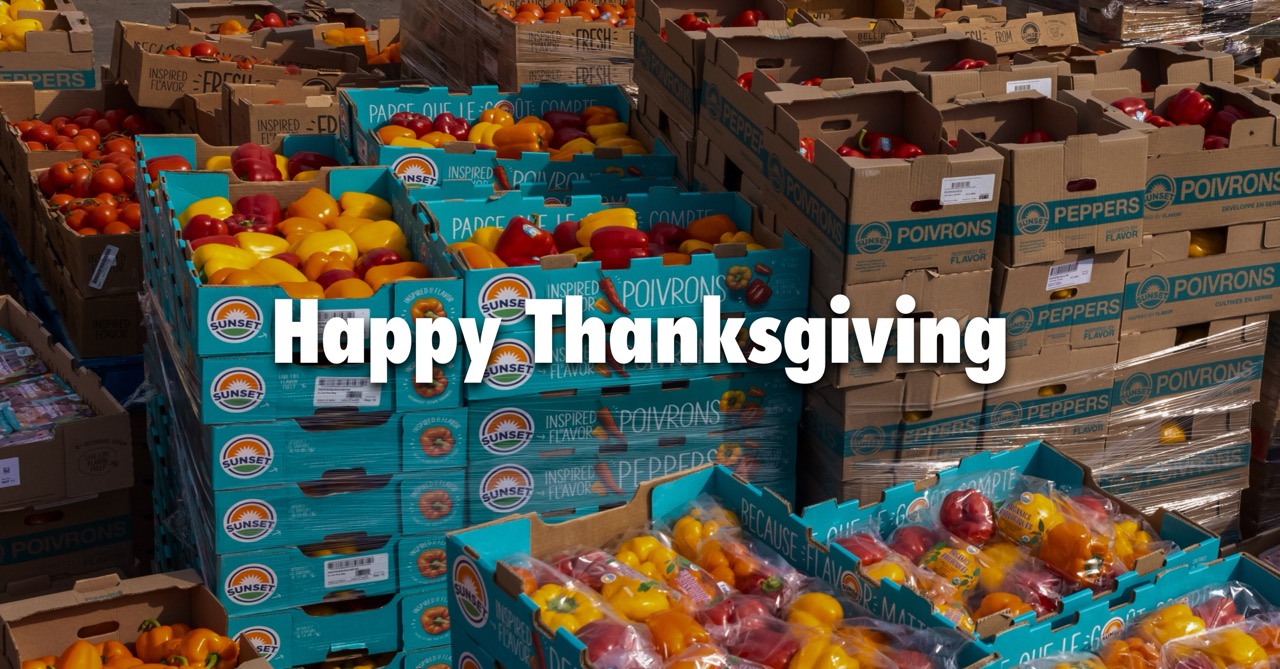
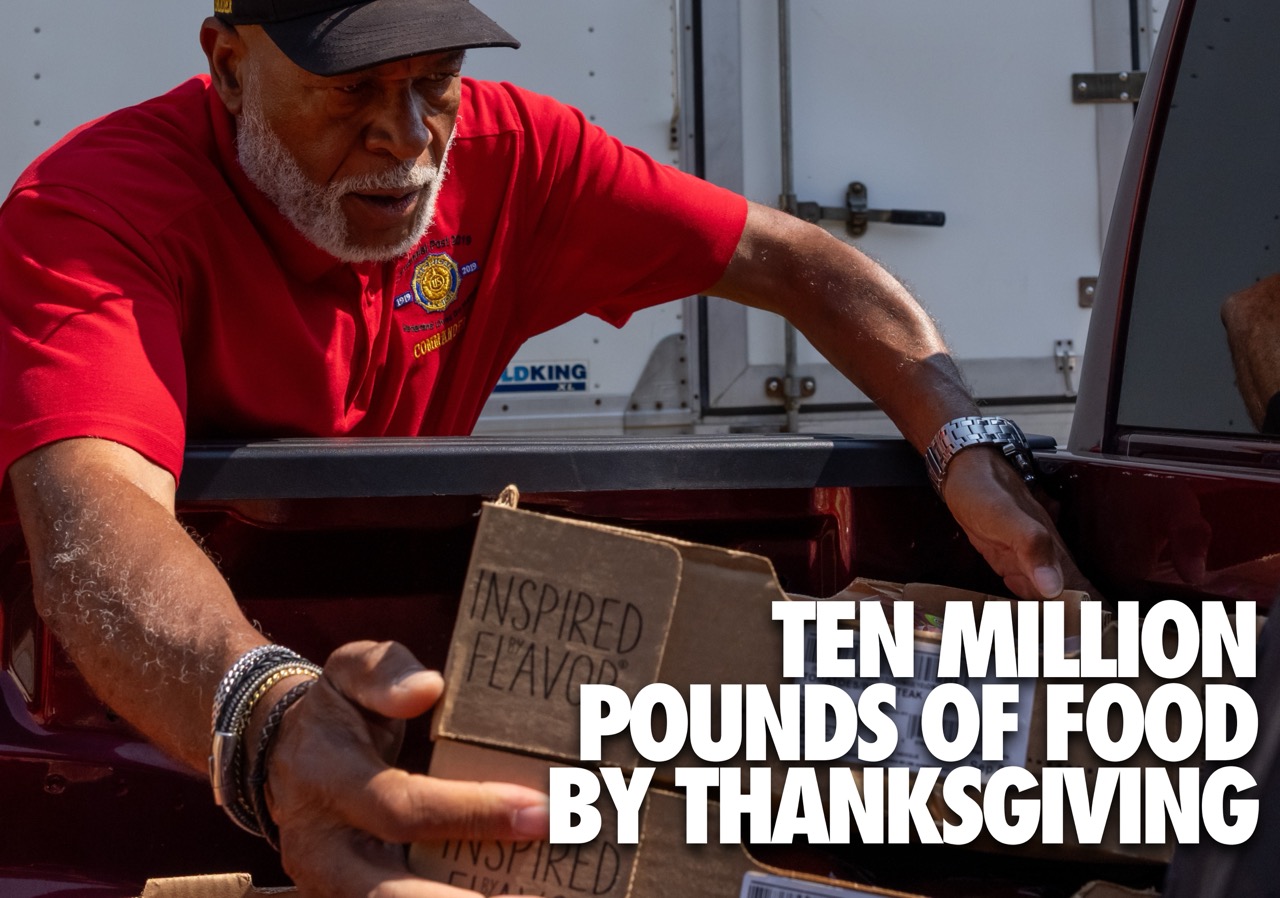
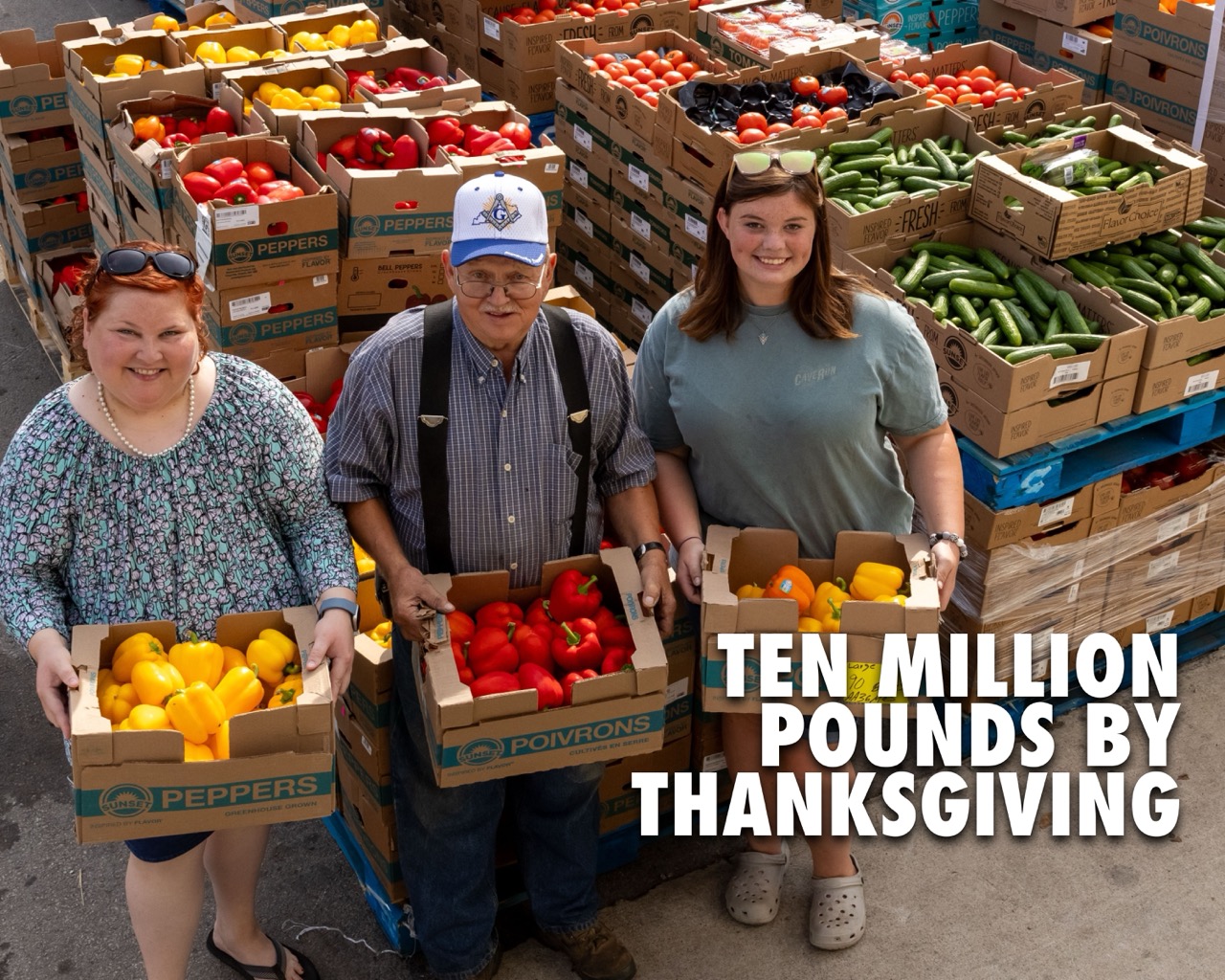
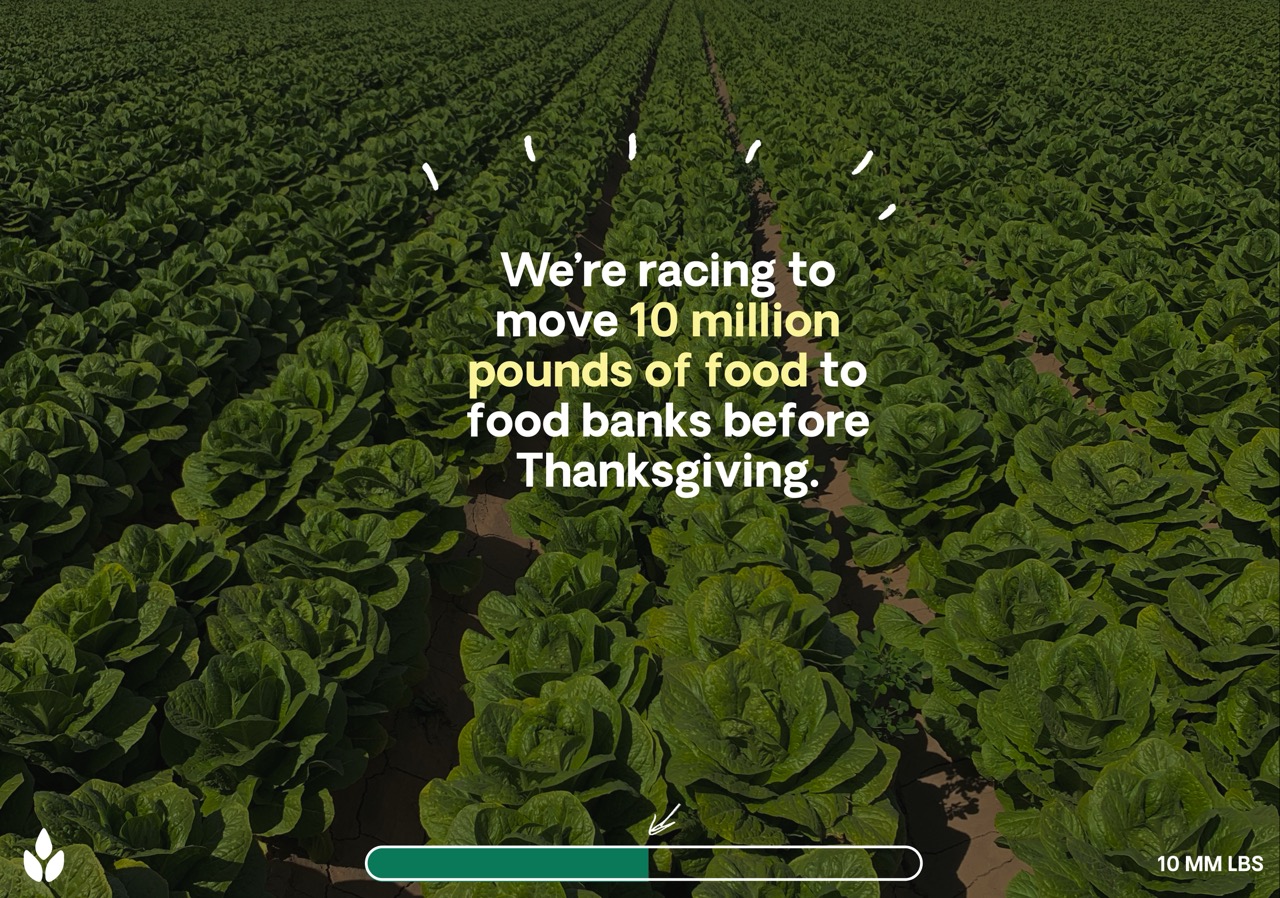
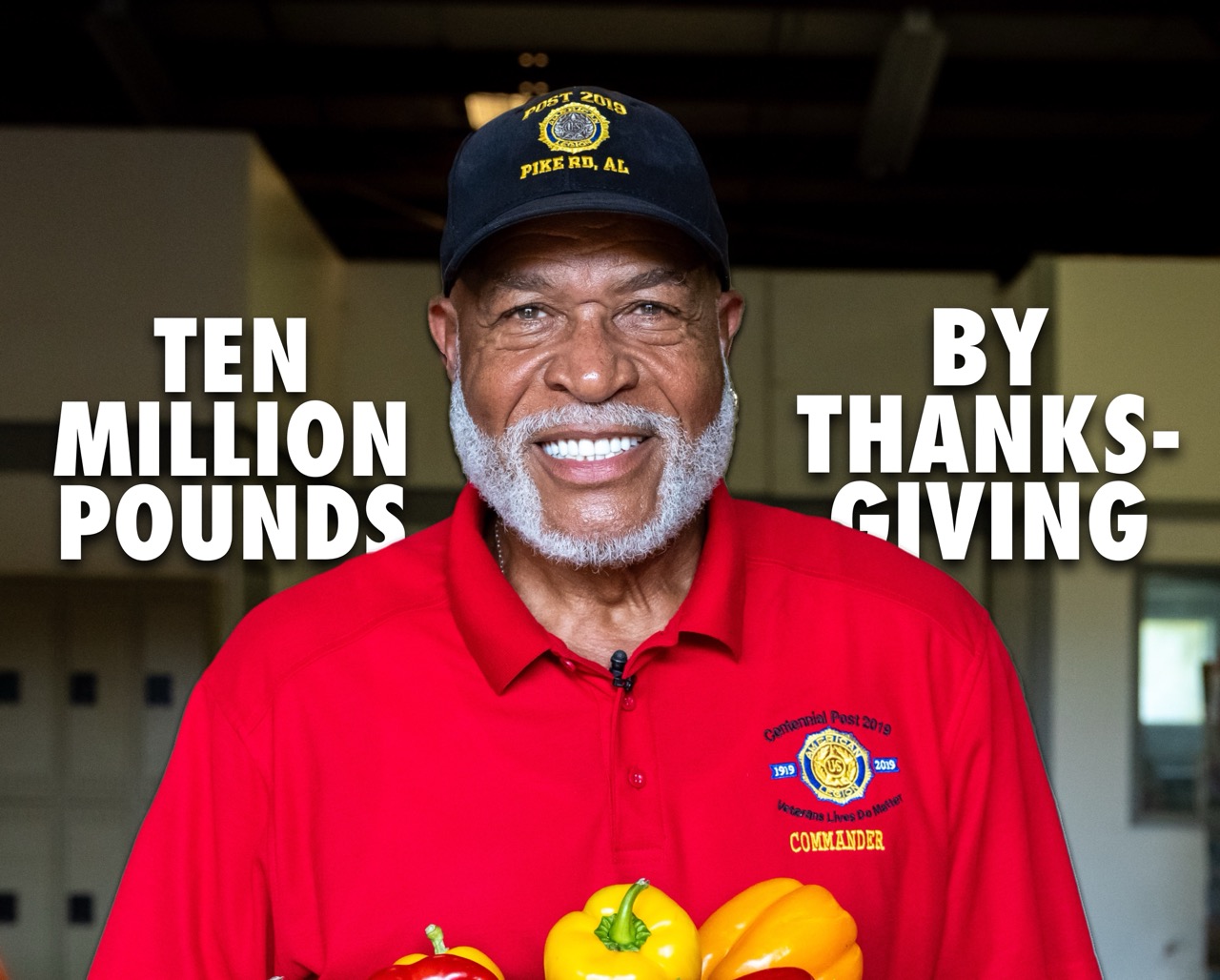
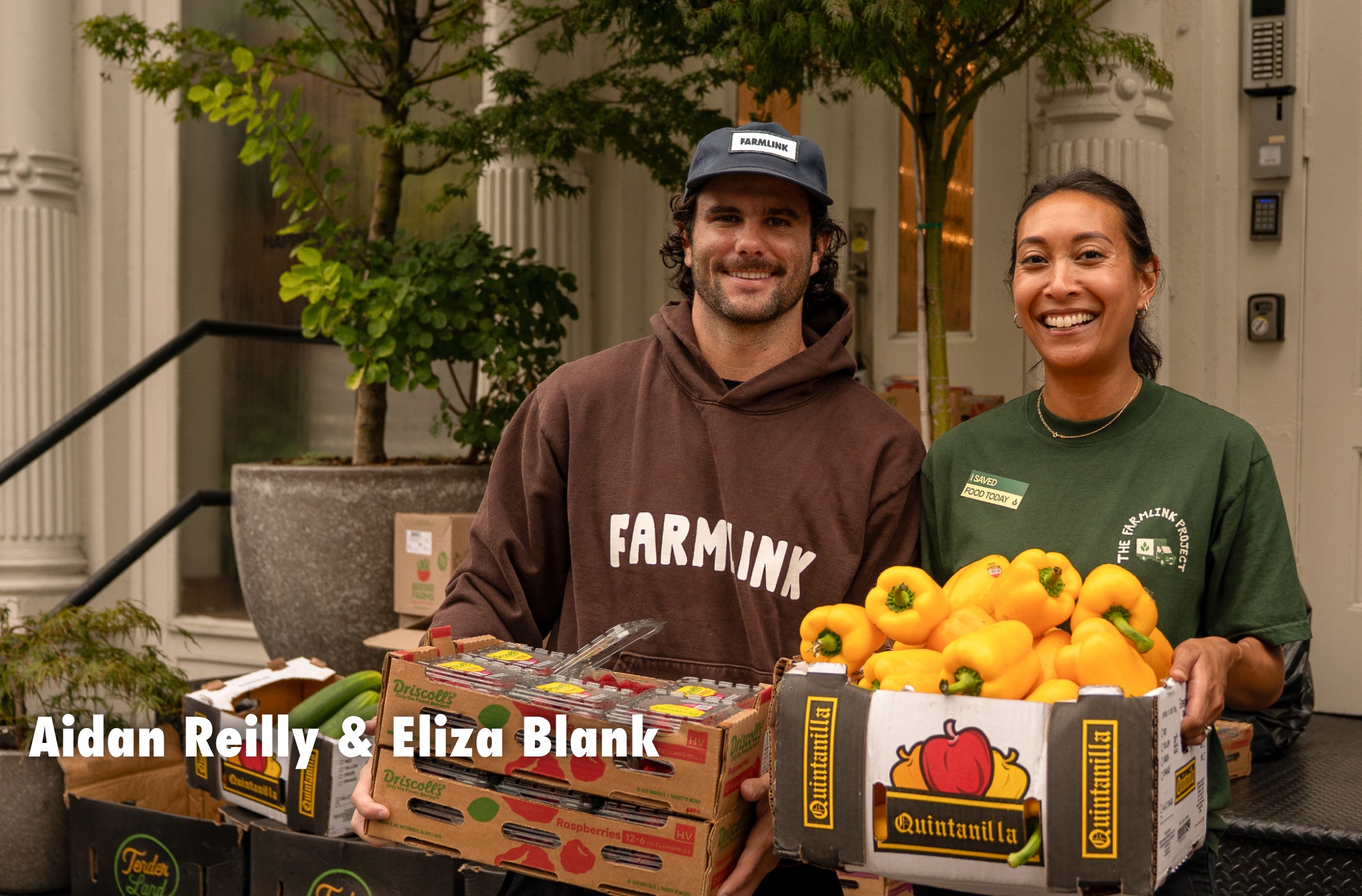
.svg)
.svg)
.svg)